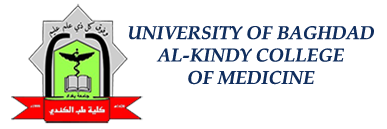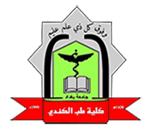The Continuing Education Unit at the University of Baghdad’s Alkindy College of Medicine recently hosted a fascinating workshop titled “Curcumin: Unveiling the Therapeutic Potential in Modern Medicine.” Led by Dr. Safaa Salman Mazzban, the workshop delved into the rich history and promising applications of curcumin – a spice known for its vibrant yellow color and potential health benefits.
Dr. Mazzban’s presentation highlighted curcumin’s longstanding use in traditional Chinese and Indian medicine. For centuries, practitioners have valued this natural substance for its potential to improve digestion, support liver function, ease joint pain, and regulate menstrual cycles. The workshop also explored curcumin’s modern-day applications, including its potential use in addressing heartburn, ulcers, and gallstones.
Attendees learned about the various ways to incorporate curcumin into their lives. Whether adding the vibrant yellow spice to meals, enjoying it as a soothing tea with honey and lemon, or opting for readily available dietary supplements, the possibilities are diverse.
The workshop shed light on curcumin’s origins in Southwest India and its widespread cultivation in India and Indonesia. With the growing public interest in strengthening the immune system amidst widespread viruses and pandemics, curcumin is gaining popularity as a natural way to support immune function.
Alkindy College of Medicine’s workshop underscores the enduring relevance of traditional remedies and their integration into modern healthcare practices. Curcumin represents a powerful example of how natural compounds can offer a myriad of potential health benefits.
















